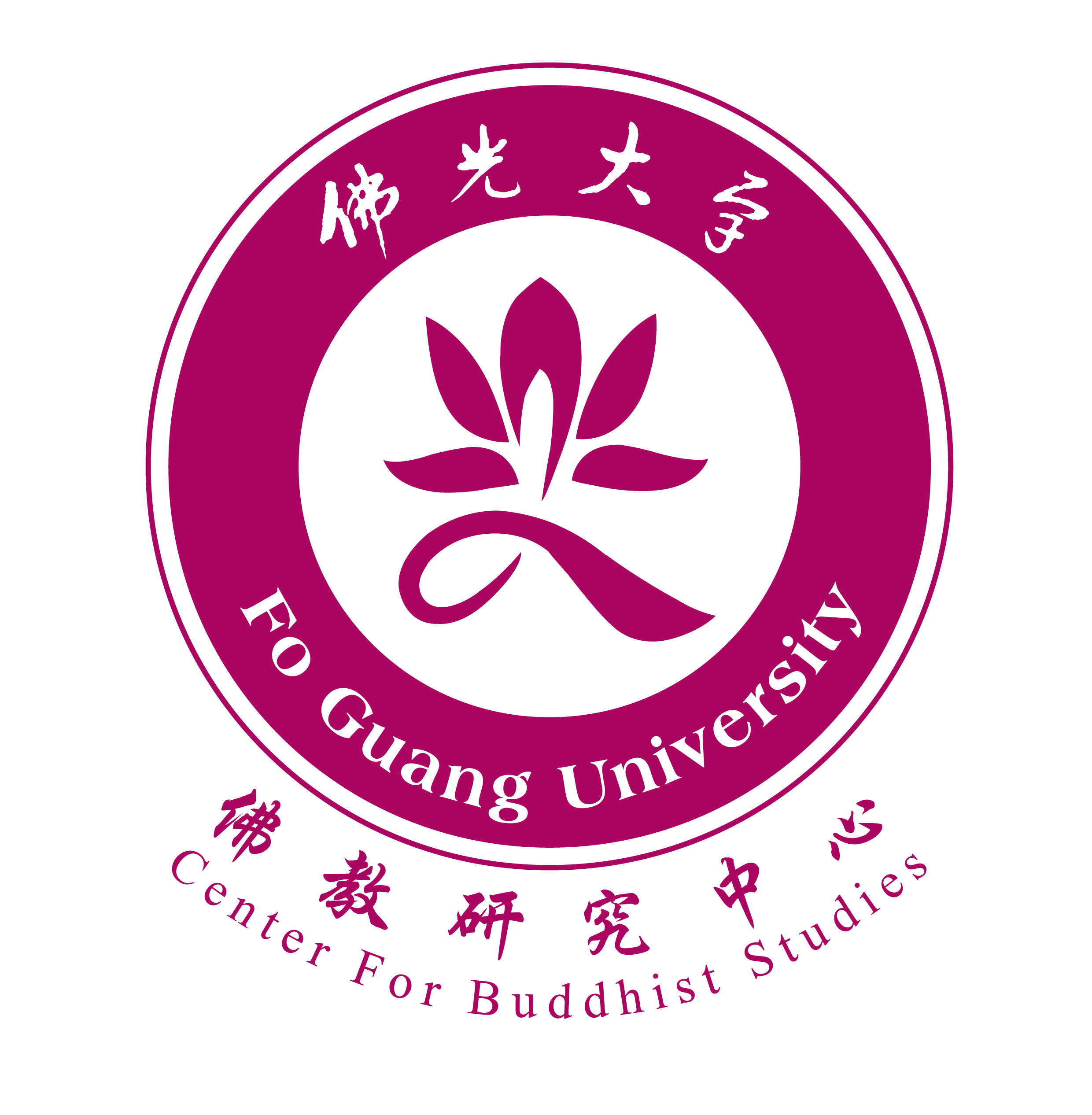View count:
16464
About
Mission Statement
Established in 2013, the Center for Buddhist Studies at Fo Guang University supports scholarly research in Buddhist studies, headed by a Director to coordinate the planning and activities of the research center. This center will provide an academic platform for Buddhist studies research, a location to gather together scholars of Chinese Buddhism, in particular the development of young Buddhist studies scholars. The direction of development takes the spirit of Humanistic Buddhism to research Chinese Buddhism and its literature, critically continuing traditional thought to creatively develop modern interpretations, thus allowing the wisdom and compassion of Buddhism to engage in a dialogue with modern trends of thought, opening up new Buddhism thinking and theories.
Programs
1.Sponsoring Interdisciplinary Research and Projects
Sponsoring interdisciplinary research and projects on topics including the Vimalakīrtinirdeśa, Humanistic Buddhism, and currently a project on East Asian Buddhism during the 16th to 19th centuries.
2.International Conferences
International conferences on topics related to the above research projects, such as the Vimalakīrtinirdeśa conferences (2014–2016) and East Asian Buddhism during the 16th to 19th centuries (from 2017).
3. Fo Guang Journal of Buddhist Studiess:
Bi-annual publication of the Fo Guang Journal of Buddhist Studies, since 2015. The Journal has published articles from well-established scholars throughout the world in Chinese, Japanese, and English.
4.Workshops
Workshops to give graduate students and junior scholars an opportunity to deepen their knowledge of Buddhist studies from varying perspectives, run by invited scholars and visiting researchers from Taiwan, Japan, China, North America and Europe.
5. Special Collections
The Center holds several special collections, including Sui and Tang Buddhist manuscripts from the Seigozō 聖語藏 collection in Japan, reprints of Dunhuang manuscripts, the first edition of the Tripitaka Koreana, the Tibetan Buddhist Canon published in Ulaanbaatar, and rare Ming and Qing Buddhist texts not found in existing canons.
6.Promoting research on Humanistic Buddhism
Promoting research on Humanistic Buddhism. Venerable Master Hsing Yun is recognized as having put into practice the ideals of Humanistic Buddhism. In addition, Humanistic Buddhism represents mainstream Buddhism in Taiwan and is becoming increasingly influential in China and throughout the world. The Center will continue to support applied research on Humanistic Buddhism.
7.Sponsor Translations and Publications
In the future, the Center plans to sponsor translations and publications of Chinese Buddhist canonical texts and contemporary Buddhist scholarship.

